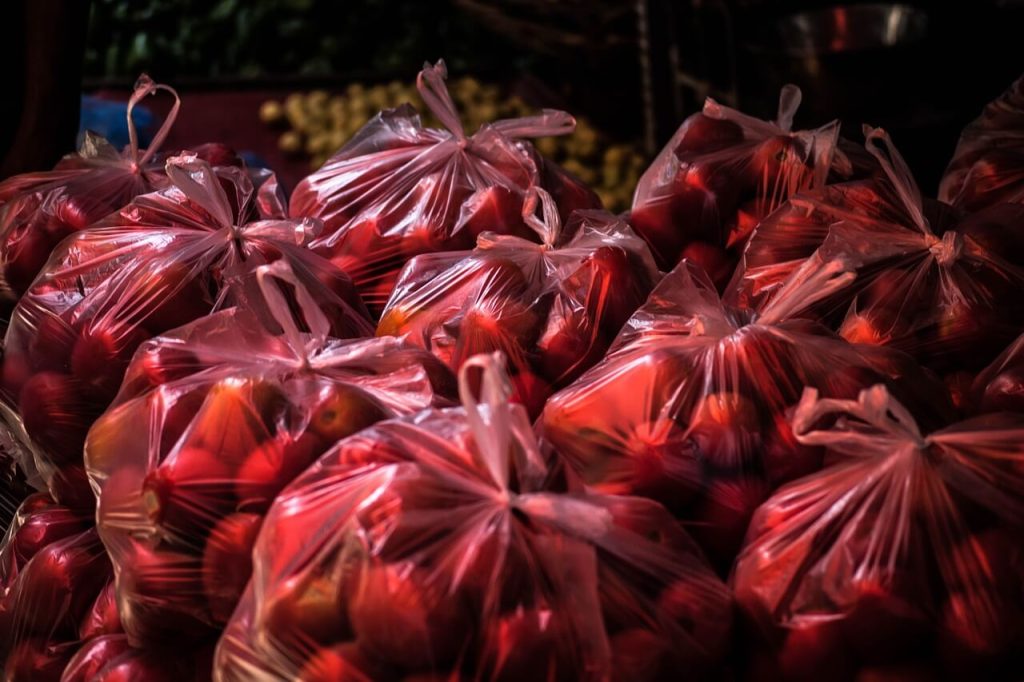Jutarnji List reports that at today’s session, the Croatian Parliament passed a new Law on Waste Management, which, among other things, prohibits plastic bags for carrying. Animal Friends, which launched a campaign and petition to ban plastic bags in 2008, welcomes this specific legal provision:
“The ban on lightweight plastic bags is the result of many years of efforts by associations and environmental organizations that point to the catastrophic consequences of using plastic bags. We also advocated banning the thinnest disposable plastic bags, which was not accepted, although there is a supply of reusable practical nets in stores. These thin bags are used relentlessly and should be disposed of with a collection obligation and clear regulation, which can be prescribed by bylaws.”
The Association explains that at the moment it happens that customers use the free thin disposable plastic bags without thinking when, for example, they buy only one piece of fruit or vegetable, although they can stick the price in the store to an individual product or buy in larger quantities and in bulk, and by using nets to avoid any use of plastic bags. These bags end up in mixed waste and in nature, which is why they state that only legal prohibitions and restrictions can effectively stop further environmental pollution with plastic.
Animal Friends considers this legal provision a victory and thanks everyone who has fought alongside them in these 13 years and joined the appeal to ban plastic bags.
In the beginning, when they decorated a large seedling with plastic bags on Ban Jelačić Square, which is now a larger tree on Bundek, or when they disguised the costumes of bags and indicated the necessity of a specific legal ban, they did not think that so many years would pass to the necessity of continuing a series of new and concrete positive changes.
“Each of us should be aware that by irresponsible behavior we endanger our own health and the world in which we live. Discarded plastic bags decompose, so microplastics end up in human and animal organisms. Countless times we have witnessed scenes of animals accidentally swallowing plastic bags or getting entangled in them and then dying slowly and in agony. If we want to preserve our sea, beaches, parks, and natural beauties and stop piling up garbage, we have canvas bags, baskets, and reusable mesh bags for fruits and vegetables at our disposal,” explains Animal Friends.
They add that, in addition to plastic bags suffocating animals and damaging beaches and forests, their production consumes natural resources and energy, exposing production workers to toxic chemicals. Buying or taking a new plastic bag every time you go to the store directly affects the environment not only because it takes hundreds of years to decompose in a landfill but also because burning in an incinerator with other plastics increases the number of greenhouse gases in the atmosphere.
The new Law on Waste Management prohibits lightweight plastic carrying bags and disposable plastic products such as ear sticks, cutlery, plates, straws, beverage mixing sticks, and those intended for holding balloons, as well as containers for food and beverages made of expanded polystyrene including their stoppers and lids and products made of oxo-degradable plastic.
“Unfortunately, disposable plastic is banned only minimally in accordance with EU directives. In order to be effective as a state in stopping the use of disposable plastic, it is necessary to change consciousness and practice using reusable objects. We hope that this is just one in a series of provisions that will follow, which will stop plastic pollution and increase waste sorting because Croatia has big problems that need to be solved as soon as possible. Saving animals and the environment, preserving natural resources and ecosystems should be our long-term interest,” conclude Animal Friends.
For more on lifestyle in Croatia, follow TCN’s dedicated page.











